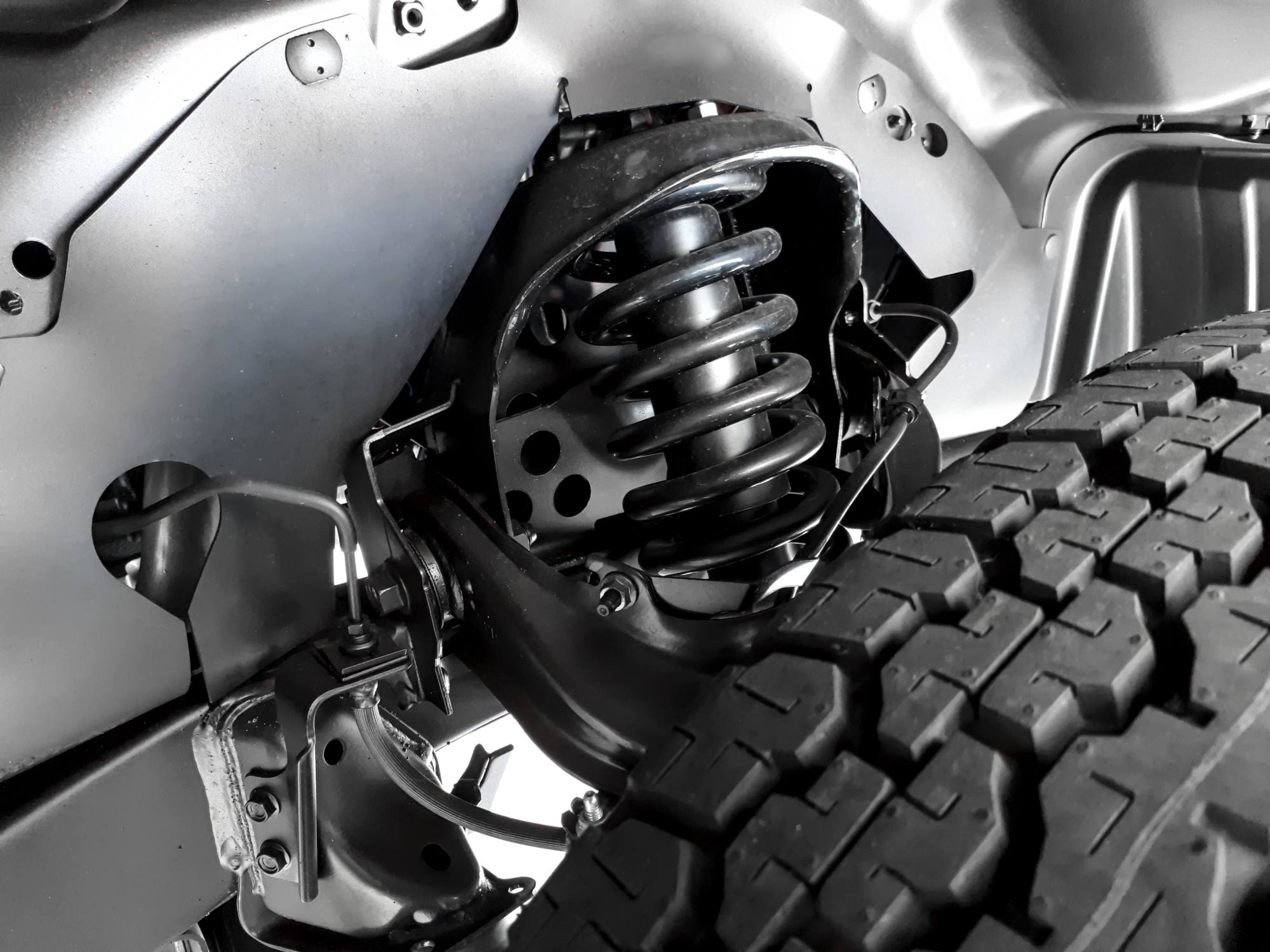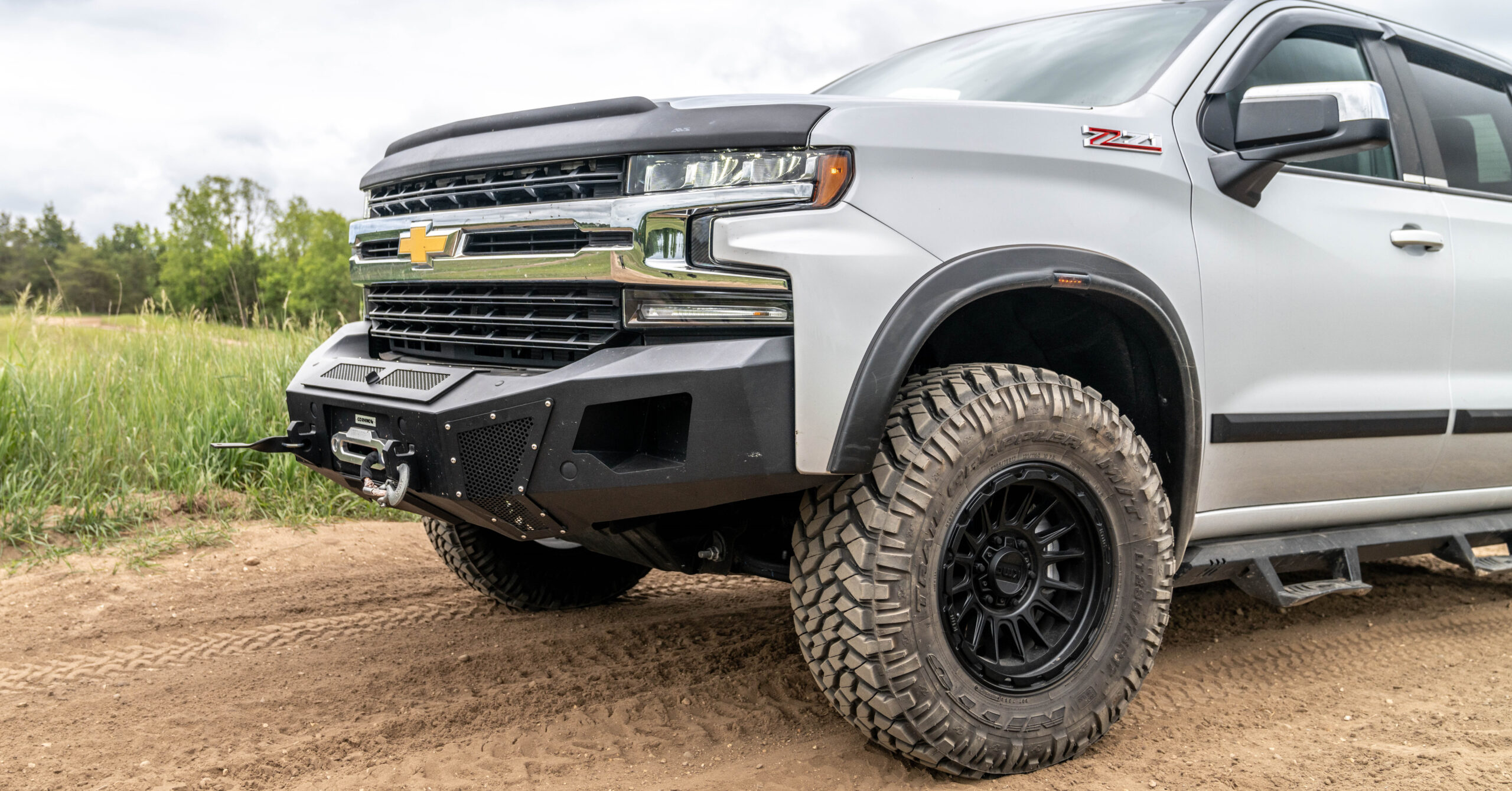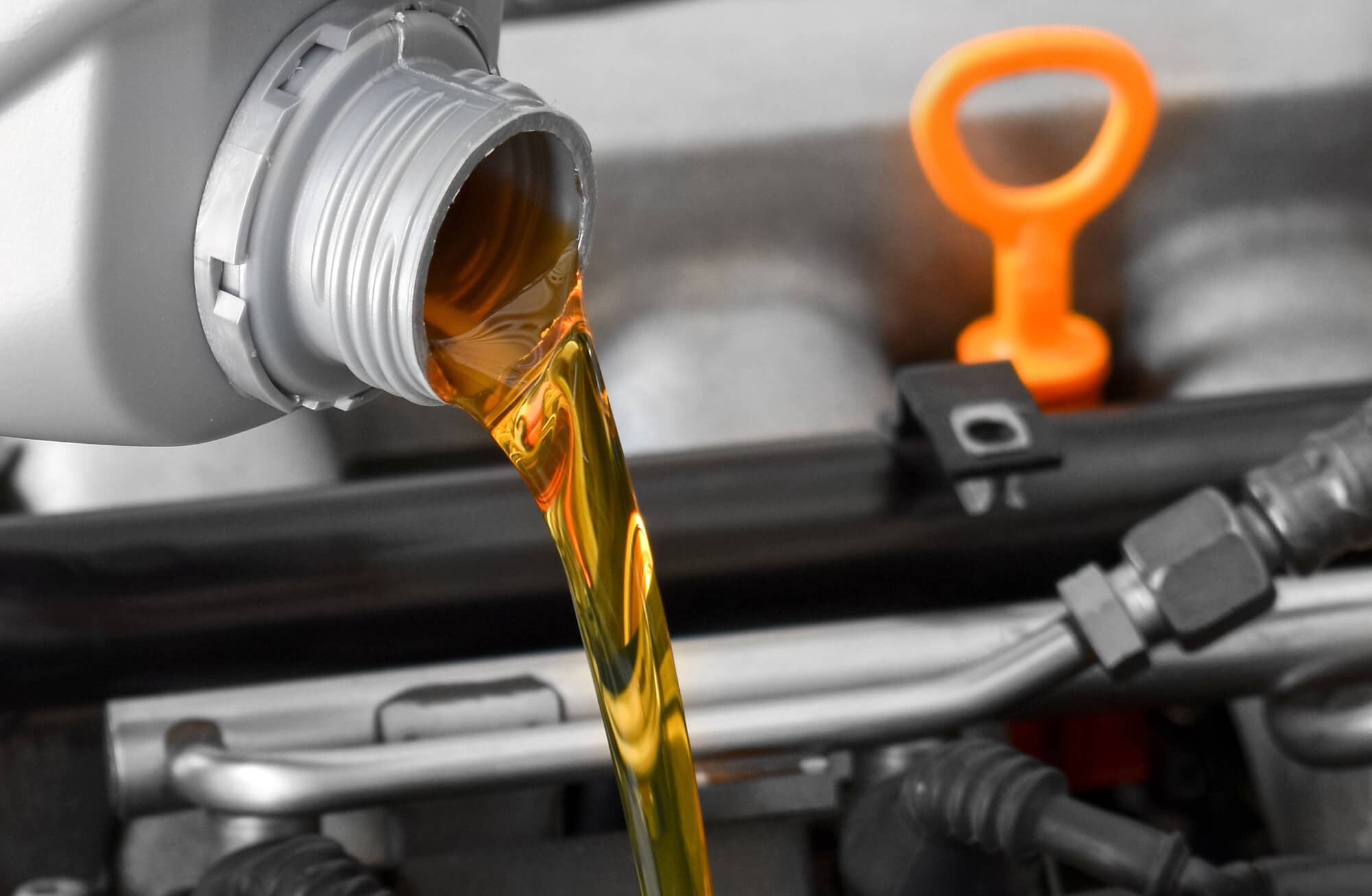A modern car is an incredibly complex technical tool, consisting of a huge number of different systems. Some of them play a primary role, these include suspension, engine, steering. Some systems are secondary: for example, you could easily do without a music system, but it is needed to provide increased comfort. Of course, every driver knows about these fundamental systems, including the suspension, but not everyone understands exactly how it works. Often the knowledge of drivers is limited to some simple information and understanding. However, let’s try to understand in more detail what a suspension is and how it works.
Considered in its simplest form, the suspension is a set of springs and protective elements that should ensure the smooth movement of your car on the road, especially when the car runs into pits. These springs and mechanisms provide protection against the kinetic energy that is generated at the moment of rocking, and do not allow other structural elements of the car to get damaged. The most important elements of the suspension are shock absorbers and springs. They dampen energy impulses from the interaction of the wheels and the road.
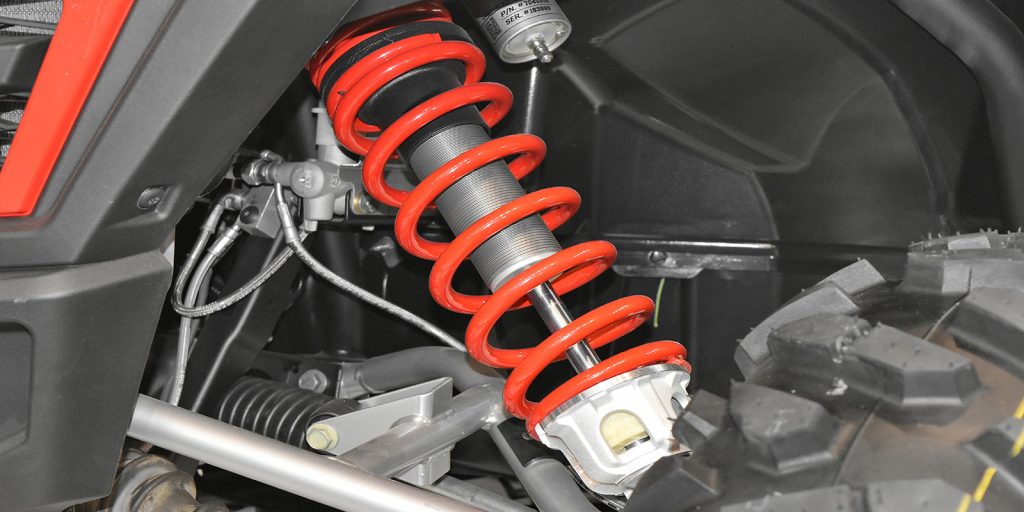
Also, all modern cars are equipped with a special stabilizer for lateral stability. It compensates for any swaying from side to side.
Still all suspensions can be conditionally classified into two large groups: dependent and independent. Independent systems mean that the rear wheels will move independently of the front wheels and vice versa.
Why is Suspension So Important to a Car?
No modern car can do without a suspension, as this is an indispensable element of the vehicle. It offers the following benefits:
- Improve vehicle contact with the road. The springs not only soften the impacts, but also press the wheels to the road, which provides much better grip. As a result, the driver is able to drive his vehicle more steadily, which means he feels more comfortable on the road. Remember, the more contact your wheels have with the road, the safer and more confident your ride will be. So you do not risk accidentally skidding or not fitting into a turn.
- Increased comfort. Despite the fact that great attention is paid to the road surface in the modern world, it still leaves much to be desired. This means that no matter how hard you try, there will still be minor holes and bumps. However, this ceases to be a problem with a tuned suspension! It absorbs all these irregularities and errors thanks to a complex system of springs and shock absorbers. As a result, your ride becomes comfortable and calm, regardless of whether the road is perfectly smooth or there are still certain bumps on it. Of course, no suspension can completely mitigate off-road or a large hole, but you can drive it much softer and safer for a car than if there was no suspension.
- Durability of a car. As we know, any vehicle already requires constant care, since constant loads now and then lead to breakdowns of certain structural elements. If there was no suspension, the situation would be even worse! The thing is that the suspension softens all the shocks and vibrations that are formed as a result of driving on the road. In the absence of suspension, these negative factors would quickly disable all car systems. Thus, the suspension makes sure that your car works as long as possible.
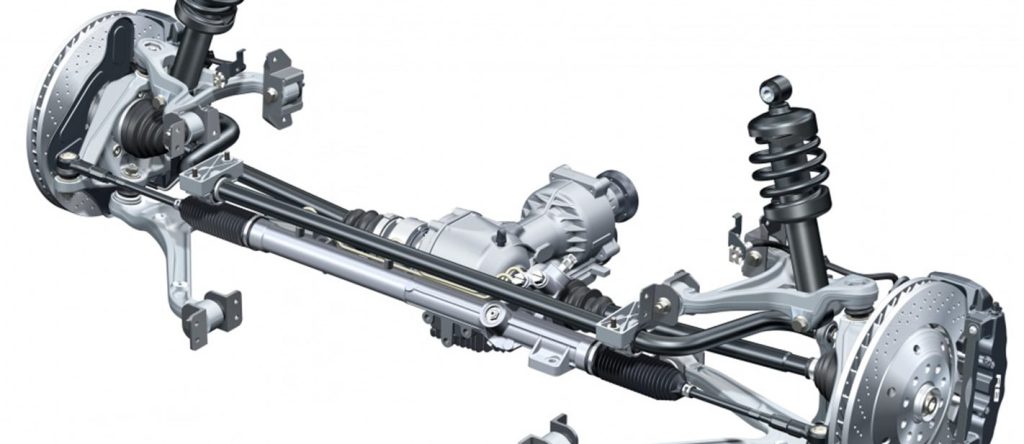
Which Suspension is Better to Choose: Soft or Firm?
Let’s say right away that it is impossible to give an unambiguous answer in such a situation, since everything depends on a fairly large set of factors. Each suspension type has its own advantages and disadvantages. Most people prefer soft and comfortable rides, so they choose a soft suspension that better absorbs all the bumps in the road. However, there are fans of sports cars and aggressive driving, for which a stiffer suspension is much better suited, since it gives drivers an unforgettable feeling while on the road.
The softer suspension setup provides the following benefits:
- The ride becomes much softer. This becomes clear immediately from the title. Softness does not come from the fact that lesser quality steel is used, but from the way the springs and dampers react to bumps. They work seamlessly together to provide the greatest comfort to the rider.
- The vehicle is better suited for off-road driving. Even the most extreme road will not be so scary for you. For example, modern SUVs in most cases have a very soft suspension, as it adapts best to off-road conditions. Consequently, the driver and passengers in such a car will get tired much longer.
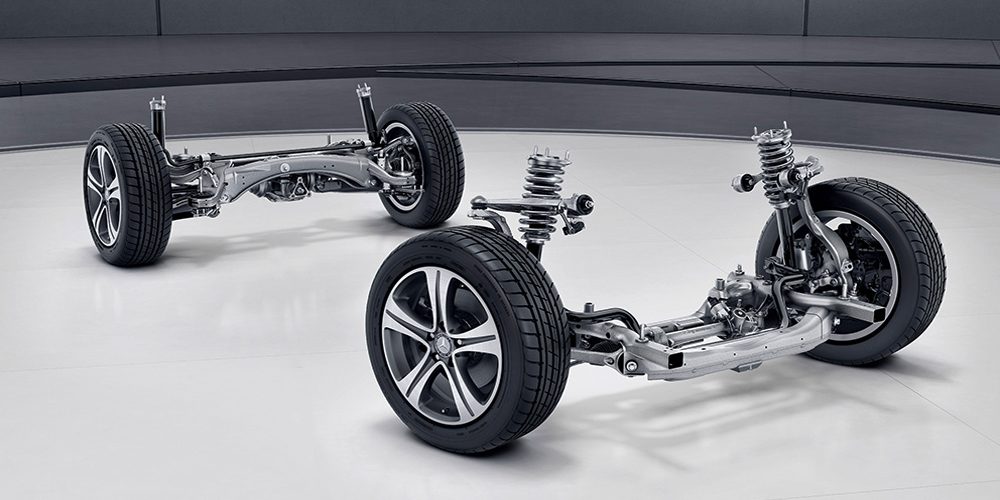
However, a firmer suspension setup also has certain advantages:
- Better handling. Less comfort results in you being able to drive your car better. This is especially evident when cornering. This is pretty easy to explain. Any acceleration, and it characterizes not only an increase in speed, but also a change in the direction of this speed, then you create an unbalanced force. Obviously, a soft suspension will cope with such a force much worse, but a hard one will keep the car as assembled as possible. To be convinced of the presence of such an unbalanced force, it is enough to observe how another car will try to brake hard or, conversely, start off sharply. Moreover, such banks will have a negative effect on the speed of the car, since the banks will reduce the kinetic energy directed forward. Thanks to a rigid suspension, all these negative factors are minimized, as a result of which the driver gets better control of the car, which, moreover, will go much faster.
- Feeling of sportiness. With a stiff suspension, the driver feels the road much better, like any maneuver on it. As a result, a special playful and sporty feeling is formed from the ride.
Considering the above, when comparing soft or firm suspension, it is impossible to say that something is better and something is worse. The choice of one or the other type of suspension is determined by the personal preferences of the driver, as well as how he wants to feel each trip.
